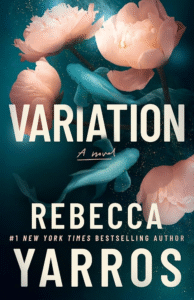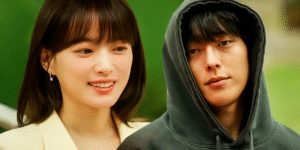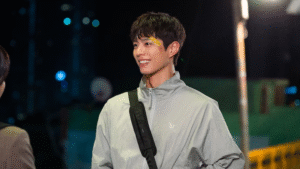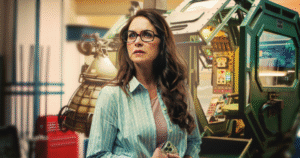Healing Beyond Superpowers: The Atypical Family
A New Take on Superheroes
Netflix’s K-drama “The Atypical Family” presents a unique blend of fantasy, romance, and poignant social commentary, offering a fresh take on the superhero genre. Far from the typical world-saving narratives, this series delves into the deeply human struggles of a superpowered family who have lost their abilities due to the mundane, yet debilitating, pressures of modern life. Through its compelling characters and intricate plot, the drama explores themes of mental health, familial dysfunction, and the redemptive power of connection, ultimately asserting that true strength lies not in extraordinary abilities, but in the courage to face and heal from one’s inner demons.
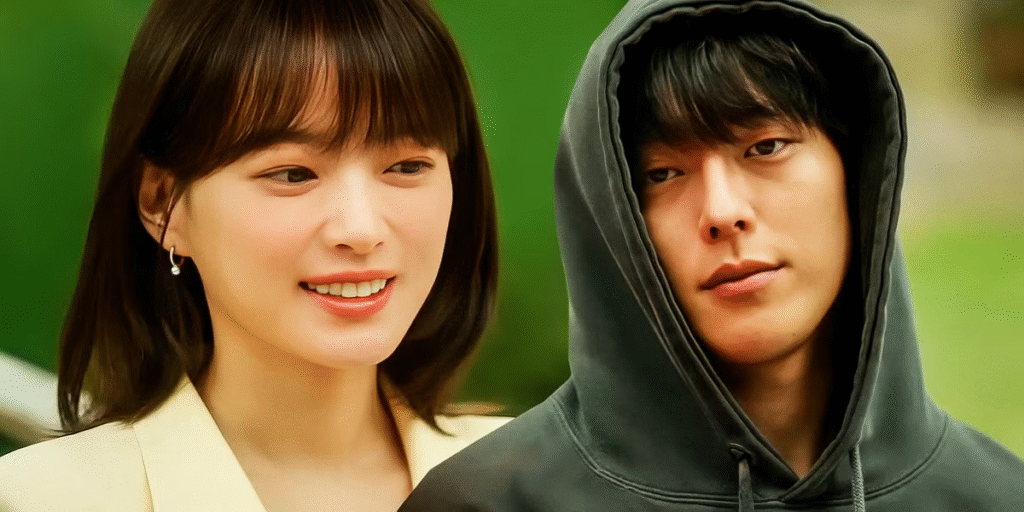
The Atypical Family’s Ailments
At the heart of the narrative is the Bok family, once formidable with their unique powers, now rendered “atypical” by their incapacitating ailments. Bok Gwi-ju, the male lead, possessed the ability to revisit happy moments in his past, but a profound depression following the death of his wife has robbed him of this power, leaving him trapped in a cycle of grief and alcoholism. His mother, Bok Man-heum, who could foresee the future in her dreams, is plagued by insomnia. His sister, Bok Dong-hee, once capable of flight, now struggles with severe obesity, hindering her aerial gift. Even his introverted daughter, Bok I-na, with her nascent ability to read minds, finds herself isolated and neglected. This clever premise immediately establishes the drama’s central conflict: the loss of power is not due to a supervillain, but to the very human conditions of mental and physical unwellness.
Do Da-hae: The Catalyst for Change
The catalyst for change arrives in the form of Do Da-hae, a mysterious woman who initially infiltrates the Bok family with a deceptive agenda. However, as she becomes entangled in their lives, she inadvertently begins to awaken their dormant powers, not through magical means, but by providing the emotional support and external motivation they desperately need. Da-hae, with her own complex past and vulnerabilities, serves as a mirror for the Bok family, reflecting their pain and offering a path toward healing. Her presence forces them to confront the underlying issues that led to the erosion of their abilities, from Gwi-ju’s unresolved trauma to Dong-hee’s body image struggles and Man-heum’s controlling nature.
Portraying Mental Health with Sensitivity
“The Atypical Family” excels in its sensitive portrayal of mental health. Gwi-ju’s depression is not merely a plot device; it’s a deeply felt condition that impacts his relationships, particularly with his daughter. The series visually represents his inability to connect with the present by showing him perpetually stuck in monochromatic past memories, only finding color when Da-hae enters these flashbacks. Similarly, Dong-hee’s weight gain is explored as a manifestation of her emotional struggles and and societal pressures, rather than simply a physical state. The drama subtly highlights how mental burdens can manifest physically and how interconnected individual well-being is with familial dynamics.
Family Dynamics and Reconciliation
Beyond individual struggles, the drama also delves into the complexities of family relationships. The Bok family, despite their shared supernatural heritage, are deeply fractured by their individual issues and a lack of genuine communication. Man-heum’s desperate attempts to restore their powers often come across as controlling, further alienating her children. The series skillfully navigates these strained relationships, showcasing the slow and often painful process of reconciliation and understanding. As Da-hae helps each member confront their personal demons, the family gradually begins to reconnect, realizing that their collective strength lies not in their extraordinary abilities, but in their ability to support and understand one another as flawed, yet loving, individuals.
Conclusion: True Strength in Healing
While “The Atypical Family” occasionally dips into predictable K-drama tropes, its core message remains impactful. It offers a refreshing perspective on heroism, suggesting that the greatest battles are often fought within oneself and that true superpowers lie in resilience, empathy, and the courage to seek healing. The drama’s blend of fantasy elements with relatable human struggles creates a compelling narrative that is both entertaining and deeply resonant, leaving viewers with a lasting impression of the profound strength found in embracing one’s imperfections and finding solace in the embrace of family.





